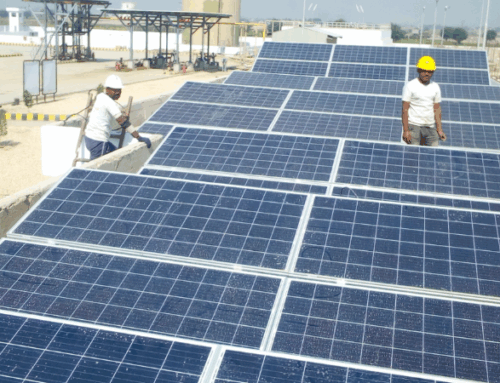Locking in your energy rates can seem like a challenging task. First, you must compare several different retail energy supplier offers, negotiate energy contract language, and then decide how long to lock in your energy rate. And, doing this on your own with no energy industry experience can leave you feeling dumbfounded.
Hiring an energy broker to negotiate with energy suppliers can help, but then again how do you know the difference between good and bad energy brokers? This article will outline recommendations on how to proceed and summarize the differences between long-term and short-term energy contracts.
Short-Term Energy Contracts
Short-term energy contracts are considered fixed-rate energy contracts that are less than 12 months. Because most energy futures contracts within a 12-month period are highly-traded, highly liquid, and in demand, it can be quite easy to find a favorable short-term energy rate and contract. Let’s explore the pros and cons of signing up for a short-term energy plan:
Pros
- Easy to blend and extend with existing supplier if the energy market drops
- No long-term obligation if energy index prices become lower
- Avoid early termination penalties by allowing the short-term to lapse
Cons
- Harder to extend when the energy market increases
- No long-term price stability
- Harder to forecast the annual budget if the contract term doesn’t match the calendar year
Long-Term Energy Contracts
Long-term energy contracts are considered fixed-rate energy contracts that are longer than 12 months and can typically extend up to 60 months in most markets. Long-term energy agreements are favorable when futures prices are low and can be a great tool for saving money when exercised properly. Let’s explore the benefits and drawbacks of a long-term energy contract:
Pros
- Great when market prices are low to lock in favorable rates
- Exercise future-dated energy contracts to extend or renew your energy contract
- Great for budget planning and long-term price certainty
Cons
- Impossible to break without paying early termination penalties
- Get stuck paying higher-than-market prices if the index rate drops
- Can be hard to transfer when selling your business or moving business premises outside of the existing utility territory
Choosing The Right Energy Contract For Your Needs
In short, it’s generally agreed that long-term energy contracts are favorable when market prices are low, and short-term contracts are favorable when prices are high. The longer-term option allows you to lock in low energy rates, while shorter-term plans can act as hold-over agreements when waiting for prices to fall.
Choosing to go long or short, however, is based on your individual energy needs. If energy costs are an important factor in your business’s profitability, then you might want to consider getting more aggressive with trying to time the market. If budget certainty is more important to your organization, then a long-term deal might be right for you.
Need Help Deciding On Your Next Energy Contract?
If you are thinking about renewing or switching your energy contract, or your energy contract is nearing its expiration date and you’re deciding on your next move, we can help! Our team of energy contract experts has over 100 years of combined experience advising our commercial and industrial customers on energy contract terms and conditions. Contact us today to start the discussion.



